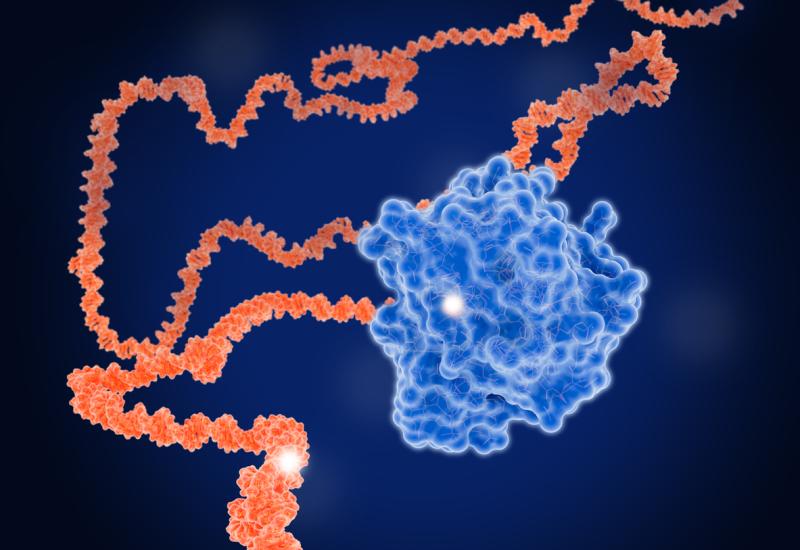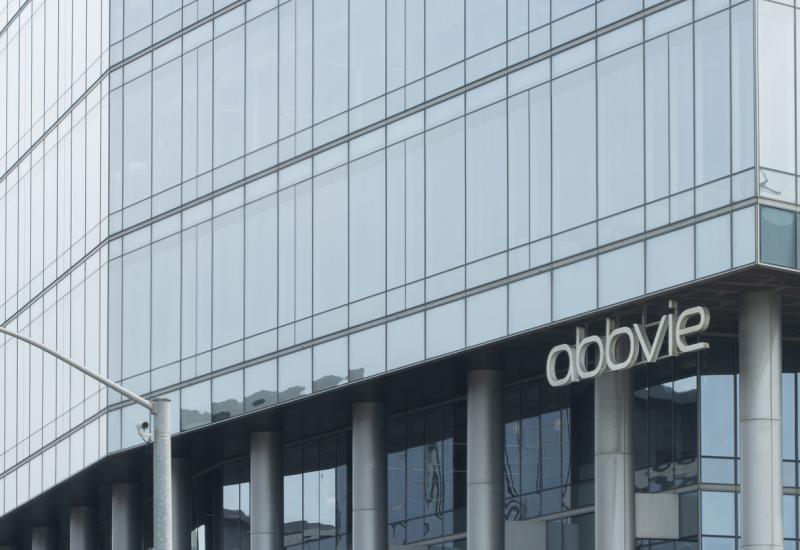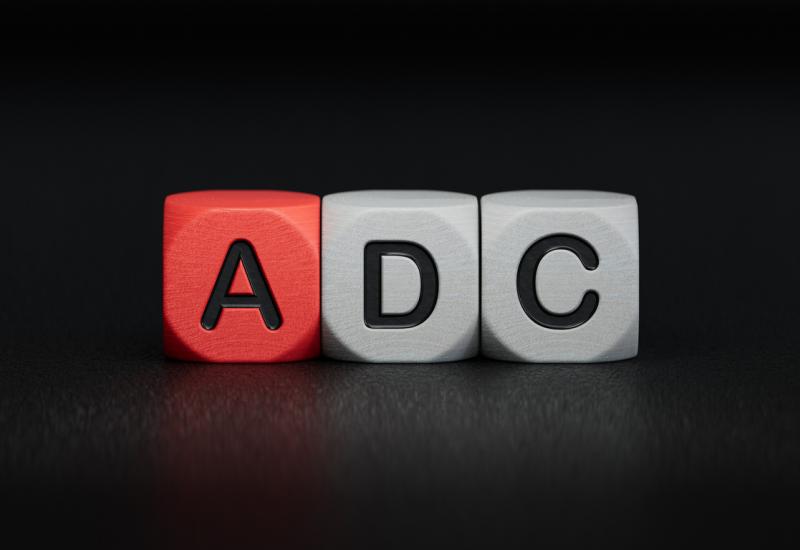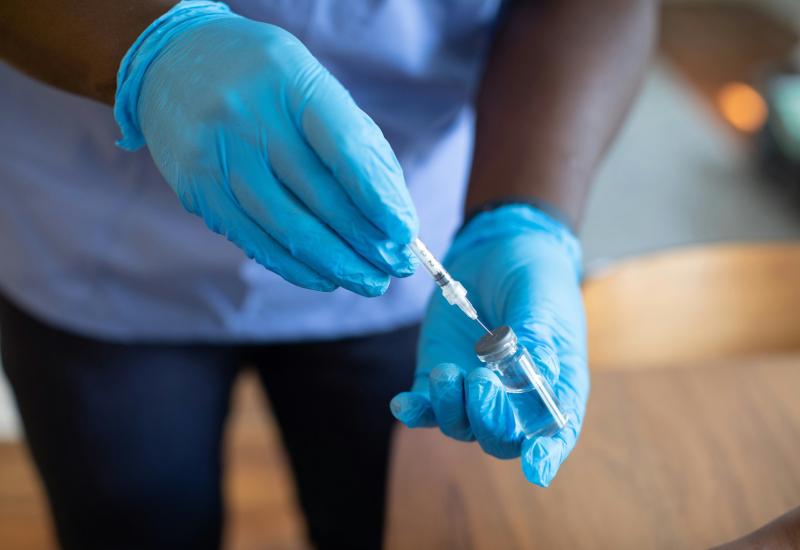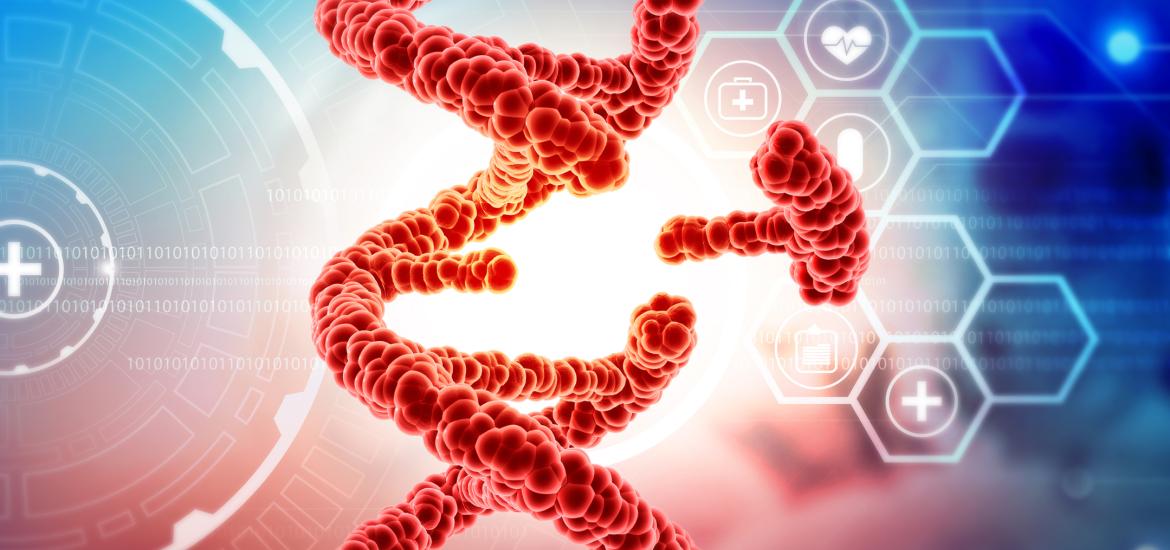
Crispr moves ahead in GPC3
RPCAR01 starts a phase 1 study, albeit one sponsored by academics.
RPCAR01 starts a phase 1 study, albeit one sponsored by academics.

Targeting GPC3, one of the most promising recent avenues for developers of Car-T therapies, now has a new clinical player. RPCAR01, an asset with this mechanism that Crispr Therapeutics first mentioned back in 2022, is beginning its first human study, according to a new clinicaltrials.gov listing.
The registry also notes the start of phase 1 studies of Vir's new masked antibody, an approach that recently saw CytomX score an unexpected success, as well as a fresh attempt by Debiopharm to develop a CD37-targeting ADC. Crispr itself has had a couple of unsuccessful attempts in the Car-T space, and it seems to be taking a cautious approach with RPCAR01.
Most obviously, RPCAR01 is an autologous Crispr-edited therapy, as opposed to the allogeneic assets for which the company is better known. However, the lack of persistence of allogeneic Car-Ts has tripped up many companies, and Crispr is now on its second version of projects against CD19 and CD70, having earlier abandoned CTX110 and CTX130 respectively.
Also, the company isn't sponsoring the RPCAR01 study; that's being done by the Roswell Park Cancer Institute, with which RPCAR01 was jointly discovered, as Crispr revealed at its mid-2022 R&D day. Subsequently anti-GPC3 Car-T therapies became hot property, courtesy of AbelZeta's C-CAR031.
Masked success
Meanwhile, CytomX's recent success related to an anti-EpCAM ADC featuring a masked probody format. There has been interest in such conditionally acting therapeutics, and among the players here is Vir, with projects licensed from Sanofi for $100m.
Two of these, VIR-5818 (which targets HER2) and VIR-5500 (PSMA) yielded promising data in January, and now VIR-5525, a T-cell engager against EGFR, is heading into phase 1. Like the first two molecules, VIR-5525 features dual masking, meaning that both its EGFR-targeting domain and the one binding to T cells via CD3 are shielded until activation, hopefully in the tumour.
Recently disclosed first-in-human studies*
| Project | Mechanism | Company | Trial | Scheduled start |
|---|---|---|---|---|
| SYS6040 | DLL3 ADC | CSPC Pharmaceutical | Solid tumours, incl DLL3+ve expansion cohort | 10 Apr 2025 |
| AST2303 | EGFR-C797S inhibitor | Allist | Metastatic NSCLC | 4 Mar 2025 |
| HS-10529 | KRAS G12D inhibitor | Hansoh | KRAS G12D+ve solid tumours | 15 May 2025 |
| RPCAR01 | Autologous GPC3 Car-T | Crispr Therapeutics | GPC3+ve liver cancer (IST) | 30 May 2025 |
| VIR-5525/ SAR446368 | Dual-masked EGFR T-cell engager | Vir (ex Sanofi, ex Amunix) | EGFR-amplified solid tumours, +/- Keytruda | May 2025 |
| BL-M09D1 | EGFR x HER3 ADC | Baili Pharmaceutical | Solid tumours | May 2025 |
| Debio 1562M | 2nd-gen CD37 ADC | Debiopharm | R/r AML | May 2025 |
Note: *projects newly listed on the clinicaltrials.gov database between 1 and 14 May 2025.
Debiopharm's first attempt at hitting CD37 came via the ImmunoGen-derived ADC naratuximab emtansine. That was dropped, but now a second-generation molecule, Debio 1562M, is entering human studies.
Surprisingly, Debio 1562M is structurally similar to naratu-E, being described as new version of that molecule whose key difference is the use of a Multilink cleavable linker. CD37 has proved hard to turn into a viable target, Genmab discontinuing GEN3009 two years ago; however, GEN3009 was not an ADC but a naked MAb that hit two CD37 epitopes.
1222


